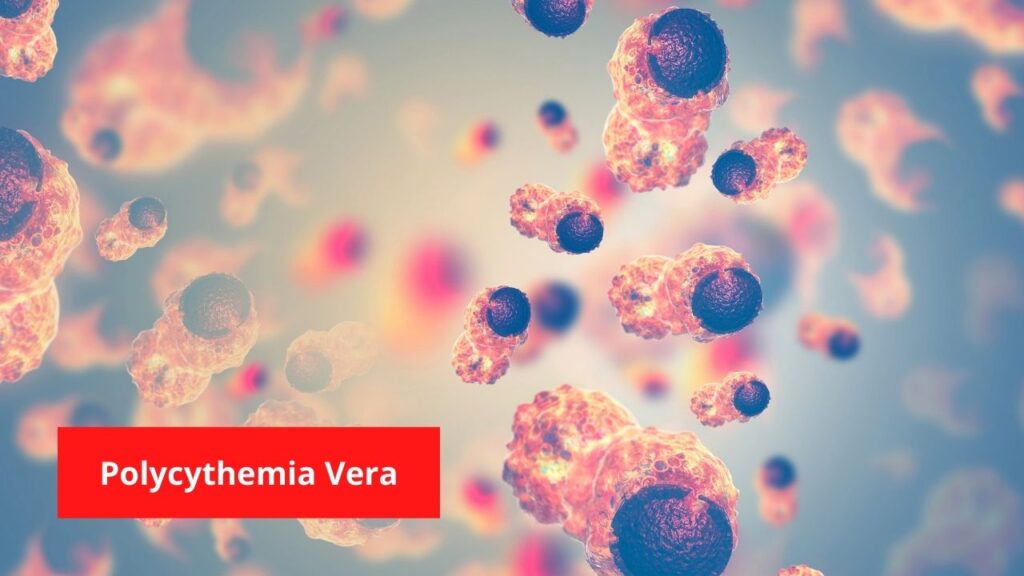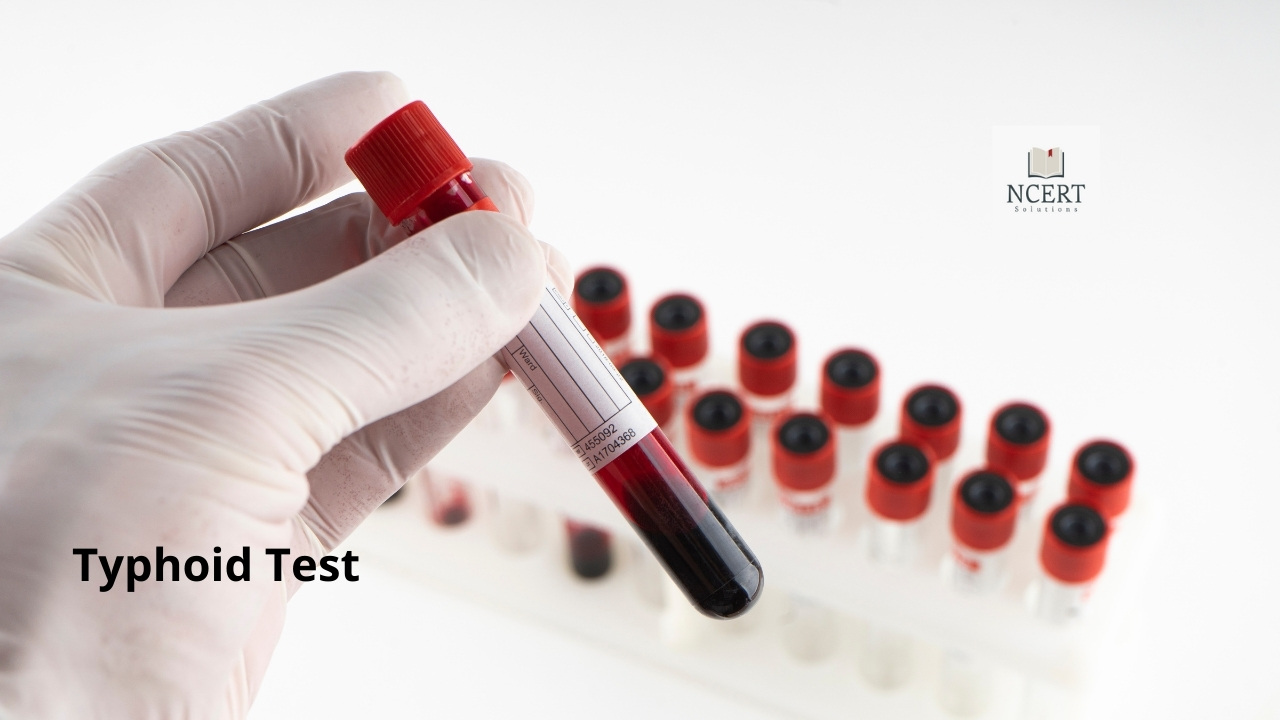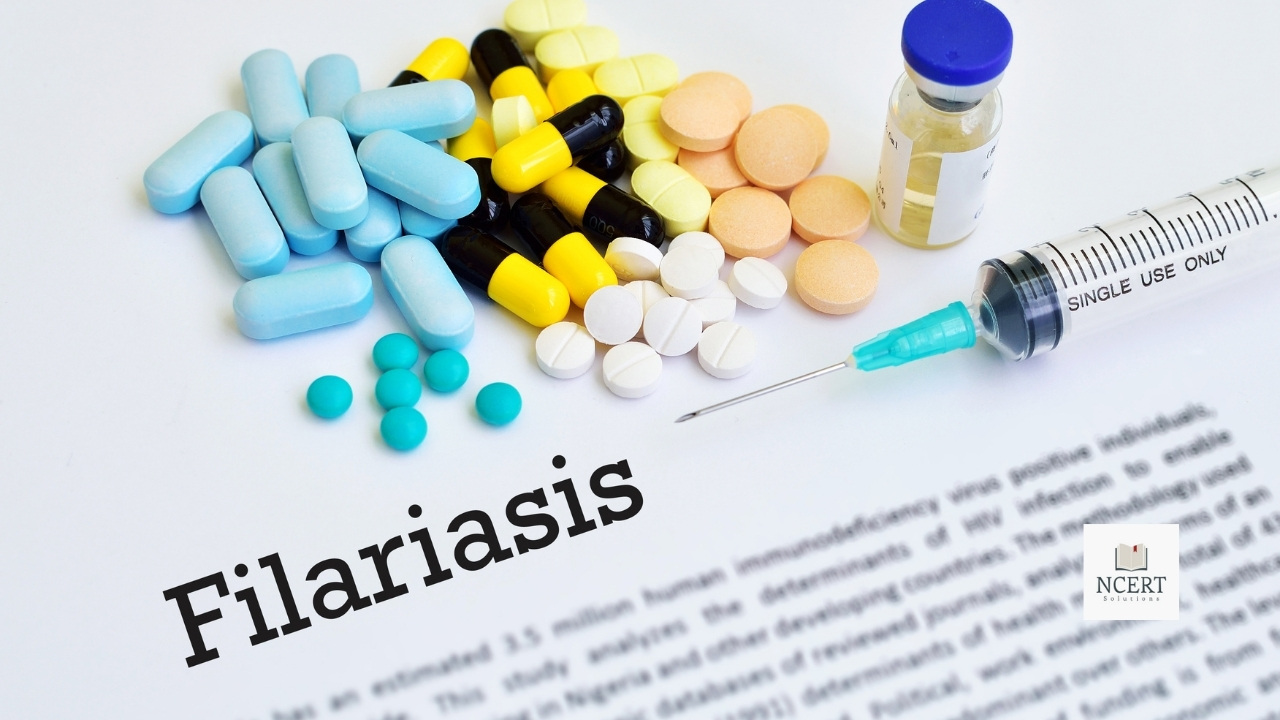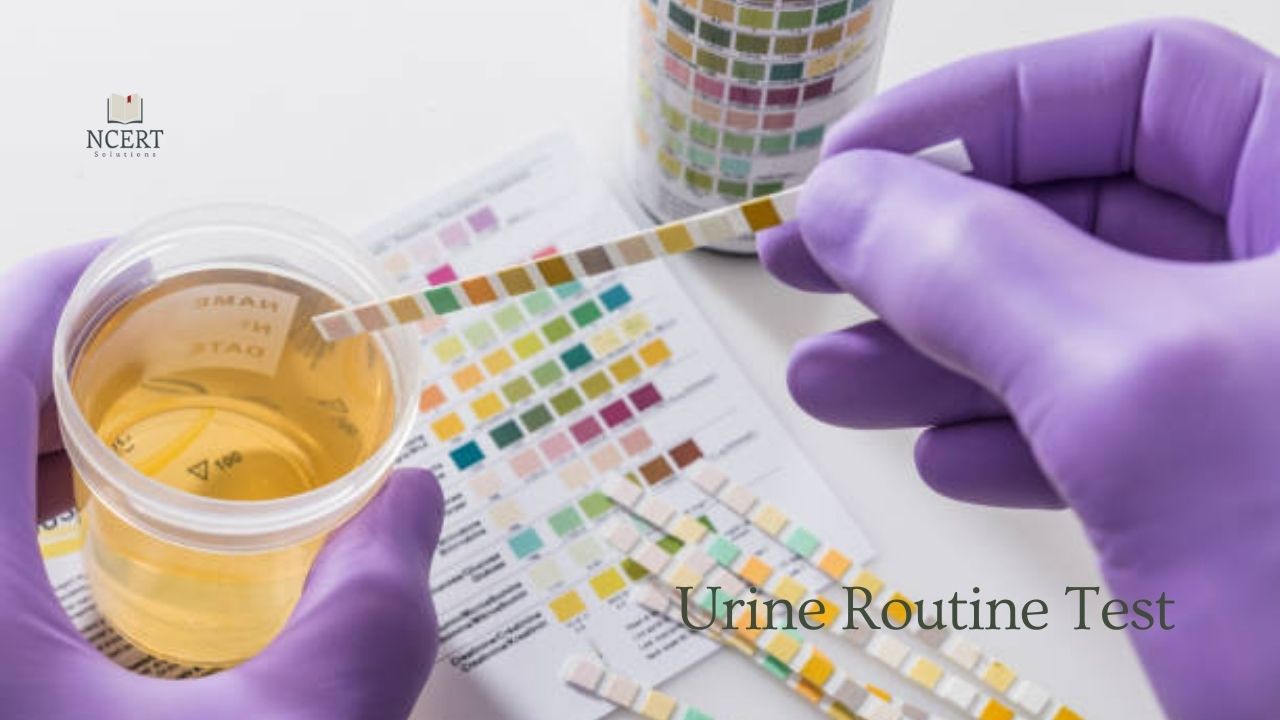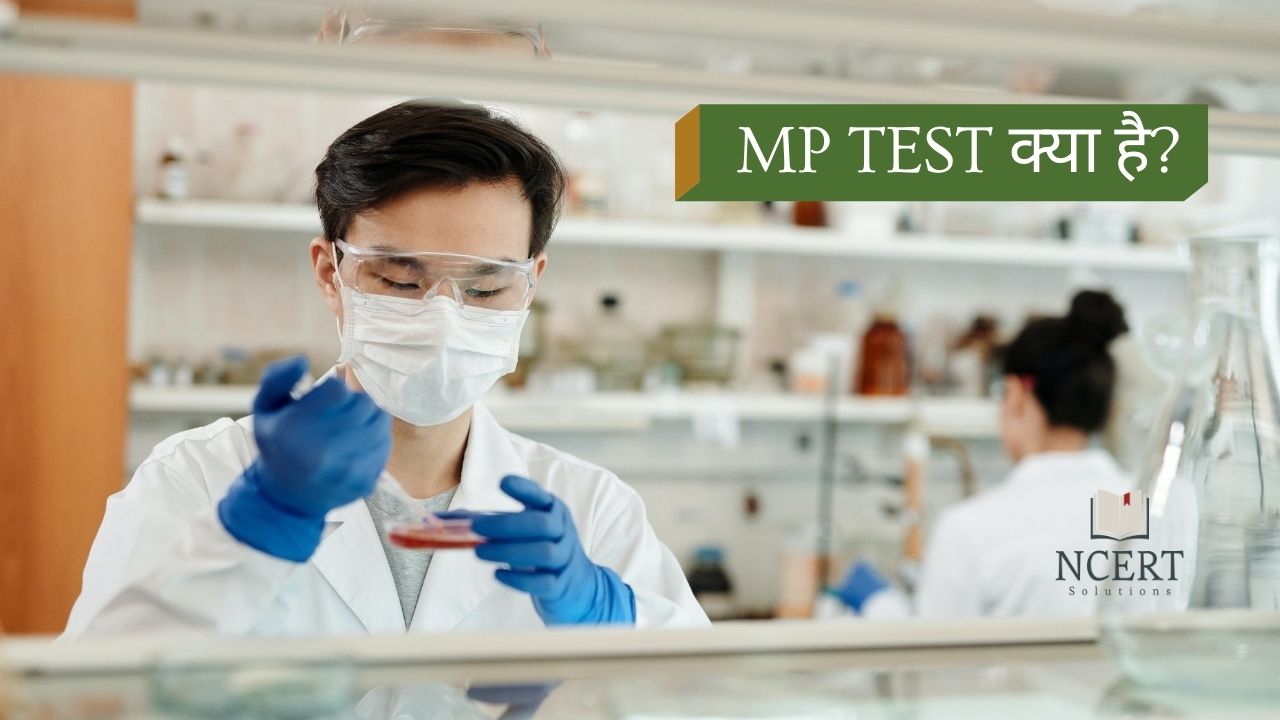Polycythemia Vera Treatment: Polycythemia vera is also called “PV”. It is a type of blood cancer, mainly occurring in the bone marrow. Bone marrow is the soft part of the bone, which is in the middle of the bone and its main job is to make blood cells.
When suffering from polycythemia vera, the bone marrow starts making excessive amounts of red blood cells and due to this, the blood becomes thicker.
Due to this condition, there is an increased risk of problems like stroke, heart attack or blood clotting, etc.
Symptoms of Polycythemia Vera
Most people with PV do not show any signs and symptoms, in others, some such symptoms can be seen:
- Itching (especially after bathing with warm water)
- Headache
- Dizziness
- To bleed
- Bleeding or bruising (usually mild symptoms)
- Feeling weak
- To be tired
- Blurred vision
- Sweating profusely
- Pain and swelling in one of the joints of the body (usually in the thumb)
- Breathlessness
- Having a fever
- Loss of body weight (the cause of which is not known)
Read these also: Lung Cancer Symptoms, Causes and Treatment
Why does it happen
PV disease is seen more in men than in women. The likelihood of developing polycythemia vera increases primarily after the age of 60, although it can occur at any age.
Any variation in the JAK-2 (JAK2) gene is the main cause of PV disease. This gene controls the production of proteins that make blood cells.
Read this also: Polycythemia Vera suggestions by National Heart, Lung and Blood Institute
Polycythemia Vera Treatment
PV is a chronic disease that cannot be cured. The main goal of treatment is to reduce the number of blood cells.
In many cases, with the help of treatment, the symptoms and complications of polycythemia vera can be reduced.
Treatment for PV includes:
- Vein bleed
- Giving a light dose of aspirin
- Prescribing blood thinners
- Giving drugs to destroy cancer cells
Diagnosis
To diagnose Polycythemia Vera, the doctor will review your detailed medical history and perform the necessary physical exam which may include –
- Blood tests
- Specific gene testing etc
You may like these also:
- Widal Test: What does it mean Widal Test in Typhoid?
- Filariasis: Symptoms and Causes
- सीने में दर्द के कारण और उपाय – Chest pain and remedies
- Urine Routine Test : Cost and normal values
- Triple Marker Test – The things you must know.
